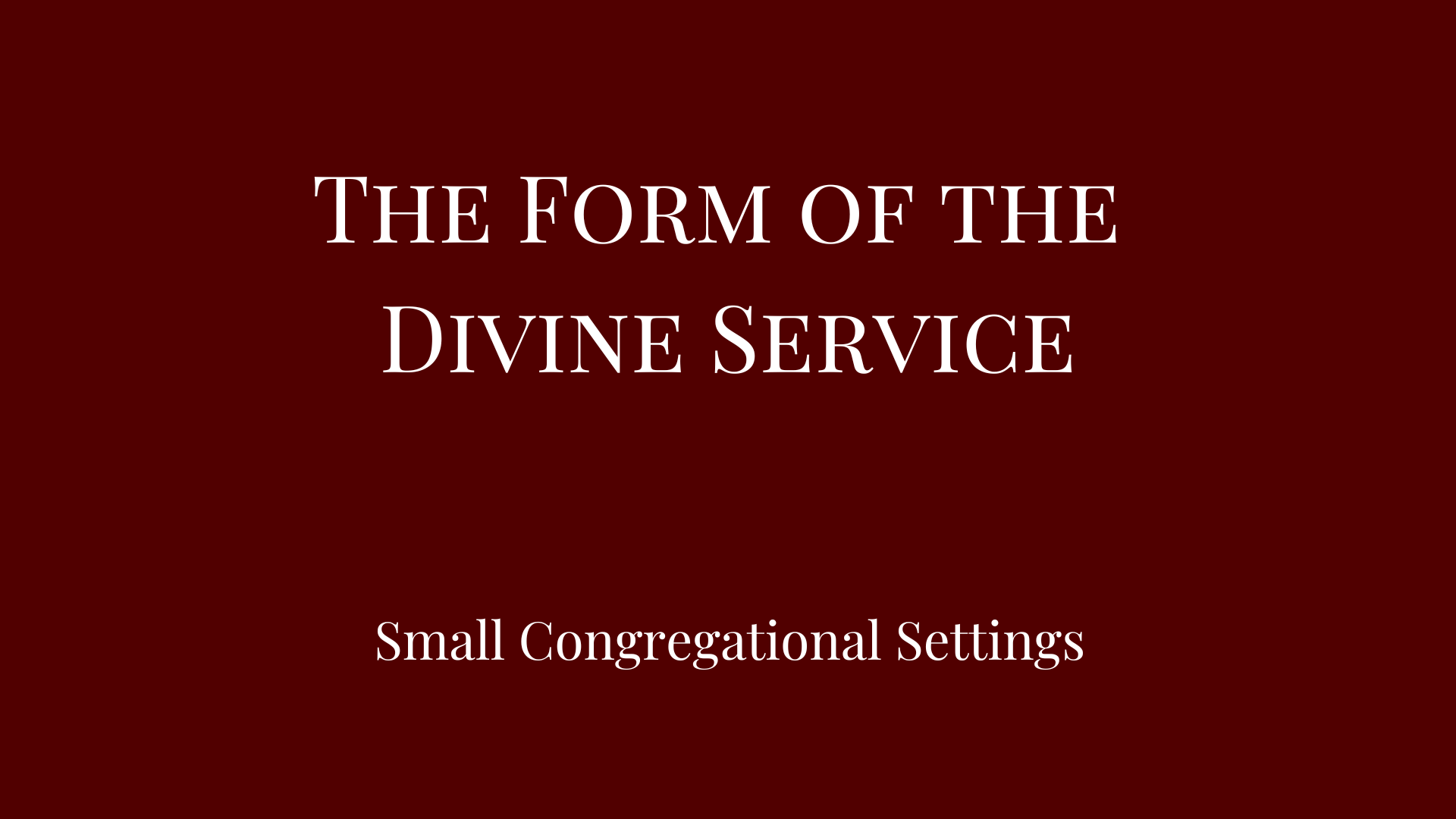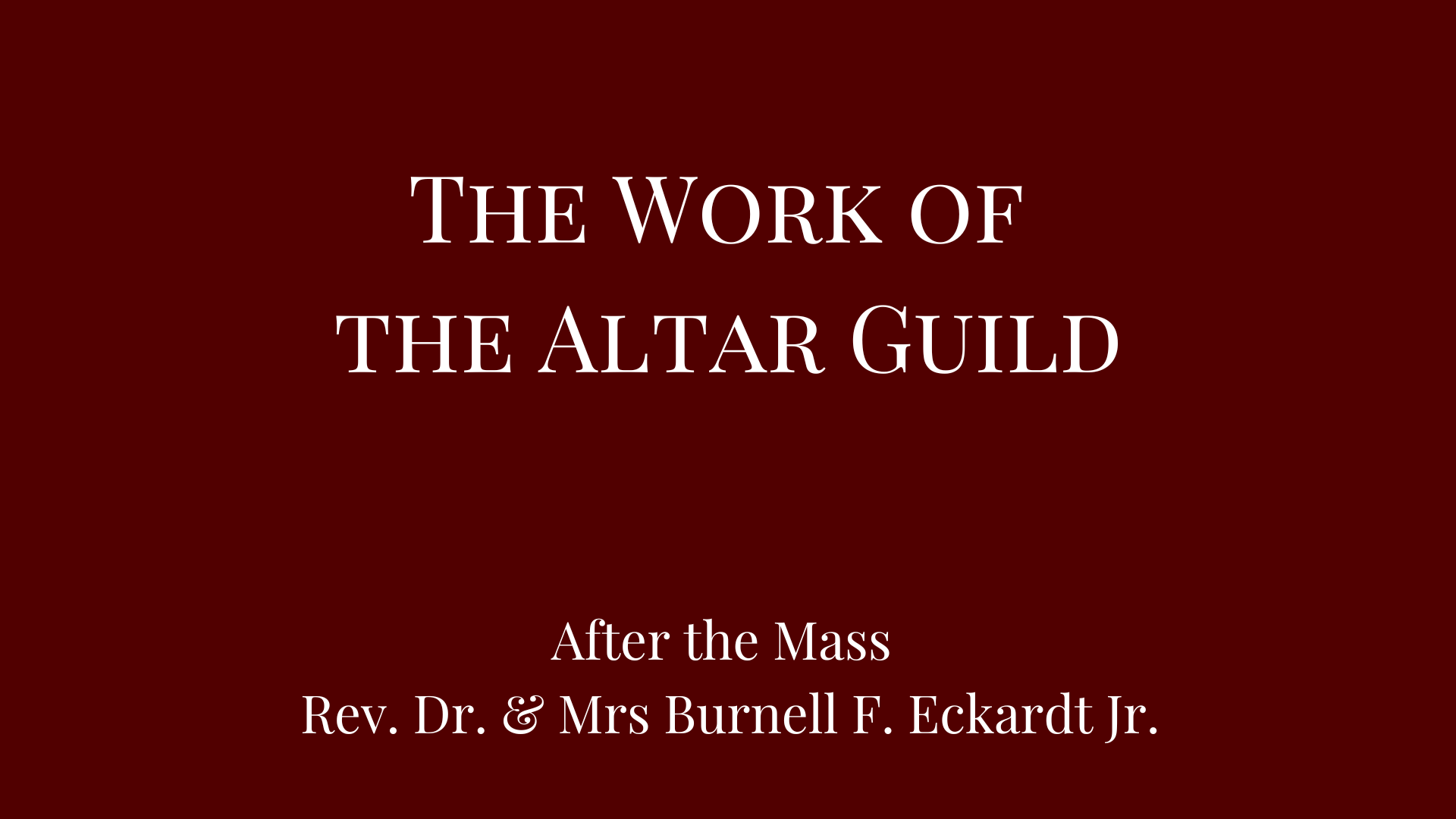In This Issue
The Results are In: Evangelical Style and Lutheran Substance are Not Compatible – Burnell F. Eckardt Jr.
The Strength of Youth and Wise Gray Heads: What the LCMS Needs Right Now – David H. Petersen
Why Rubrics? (Continued) – Mark P. Braden
The Three Estates: Let’s Try to Unravel a Knot – John R. Stephenson
The Perfect Family? – Karl F. Fabrizius
Plus Vesting Prayers and the 2026 Liturgical Calendar





As usual, although our new video has already been getting some positive reviews and feedback and thanks, we do get criticized for being too this or that. There’s a comment on the blog post you can read for yourself.